Wabeh, a Kenyan buy-now-pay-later (BNPL) provider, has scaled back operations with a portion of its vendor network as of July 5, as part of a shift to refine its underwriting models and concentrate on more profitable geographic areas. The company said this is not a pause, but a strategic move to reduce exposure to low-volume merchants and improve credit risk controls.
“We chose to concentrate on specific geographic areas and deepen our investment in refining our data-driven underwriting models, rather than spreading ourselves thin across a long tail of smaller merchants with occasional sales,” Raul Martinez, Wabeh’s Chief Growth Officer, told TechCabal.
Founded to simplify smartphone ownership through flexible installment plans, Wabeh’s model allows customers to purchase devices by paying a deposit and repaying the balance in weeks or months.
Wabeh confirmed that the pause only affects a segment of vendors and that all active or paused merchants have been fully paid. The company expects to reactivate paused merchants and expand again toward Q4 2025, once the updated models and infrastructure are in place.
“There is no adverse effect on customers and merchants,” Martinez said.
A Nairobi-based retailer told TechCabal that fewer than half of the 50 devices sold through Wabeh were being repaid. While this comment reflected a specific case, the company maintains that its non-performing loan (NPL) rates are between 7–9%, lower than the 15–30% sector average.
Wabeh works on a B2B2C model, where retailers source smartphones, and Wabeh provides the financing layer. Customers pay a 30% deposit and choose a weekly, bi-weekly, or monthly repayment schedule. If payments stop, the devices are locked with remote access software.
Wabeh has agreements with both retailers and device manufacturers. The stock sits with retailers, and when a customer requests credit for a phone, Wabeh steps in to finance the purchase. Customers typically pay 30% upfront, then repay the balance in instalments. Wabeh also has a separate arrangement with manufacturers like Transsion Holdings (maker of iTel, Infinix, and TECNO), sending them a small fee for every locked phone sold on credit.
Devices sold via this arrangement are fitted with a firmware-level remote lock app to manage risk. If customers miss a payment, the phone becomes inoperable. Yet even this deterrent has proven insufficient, as some customers abandon payment after damaging the device or misjudging the cost burden.
“People go in thinking it’s manageable,” said one vendor. “But KES 200 ($1.56) a day adds up fast, especially for informal workers.”
Regulatory grey zone
Wabeh applied for a Digital Credit Provider Licence from the Central Bank of Kenya (CBK) in 2023 and continues to operate while serving the majority of its core merchant base.
While traditional digital lenders are now under the Central Bank of Kenya’s (CBK) oversight, BNPL providers have slipped through the cracks until now. The Business Laws (Amendment) Bill, 2024, seeks to explicitly place BNPL under CBK’s purview, replacing terms like “digital credit” with broader language to capture asset financing and instalment-based models.
The pause comes amid broader scrutiny of Kenya’s BNPL sector. A new Bill before Parliament seeks to bring BNPL providers under direct CBK oversight, replacing older digital lending definitions with broader terms like “credit provider.” If passed, the law will formalise the role of firms like Wabeh in the regulated credit space.
Despite being a minor player, Wabeh’s case reflects the early shifts within Kenya’s growing BNPL market, which is valued at over $1 billion and projected to grow by 13.6% in 2025.
Editor’s note (July 19, 2025): After publication, Wabeh clarified that it has not halted operations, but has scaled back activity with a portion of merchants as part of a strategic focus. The company remains operational and expects to resume expansion in Q4 2025. The story has been updated to reflect this.
Mark your calendars! Moonshot by TechCabal is back in Lagos on October 15–16! Join Africa’s top founders, creatives & tech leaders for 2 days of keynotes, mixers & future-forward ideas. Early bird tickets now 20% off—don’t snooze! moonshot.techcabal.com




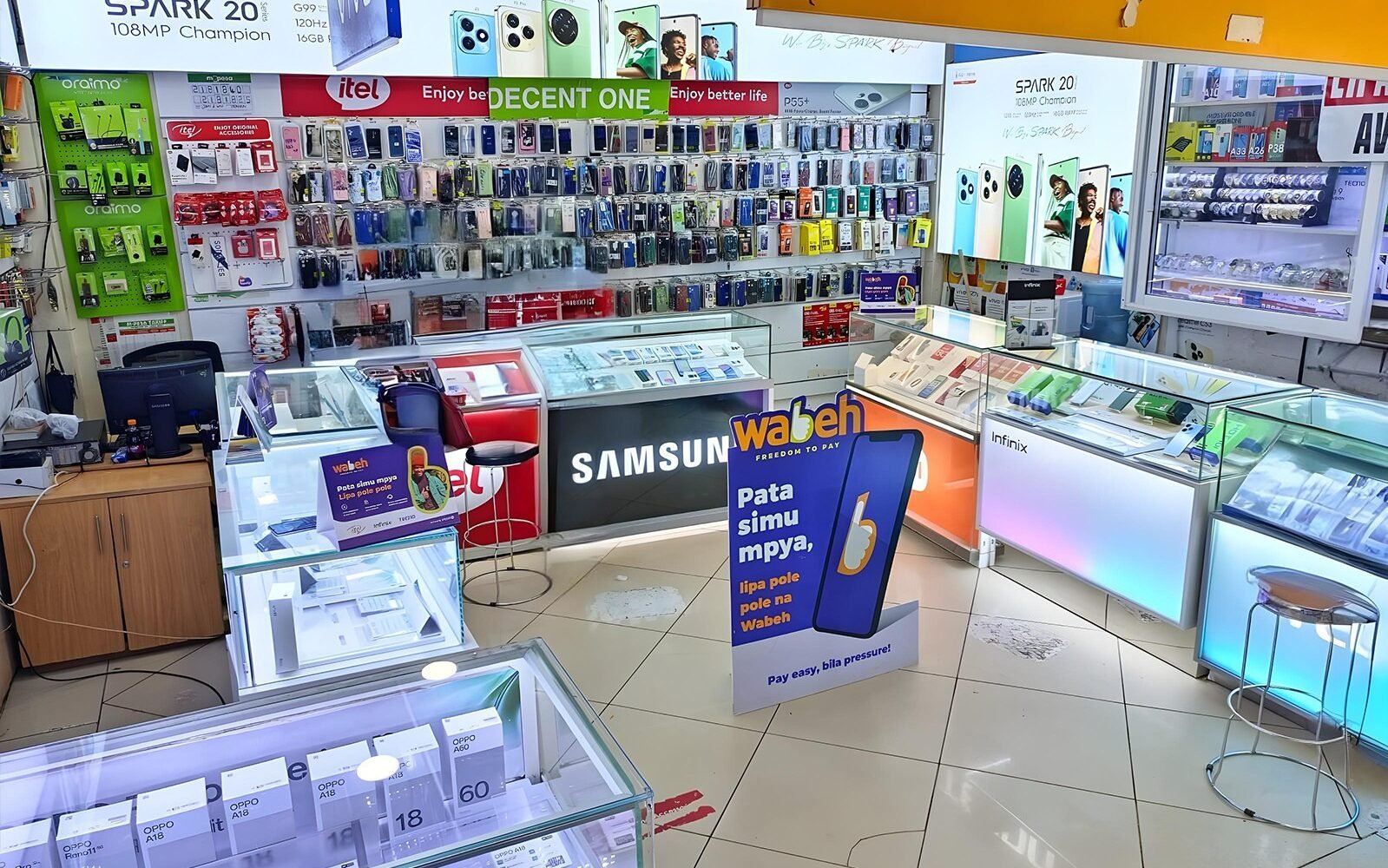





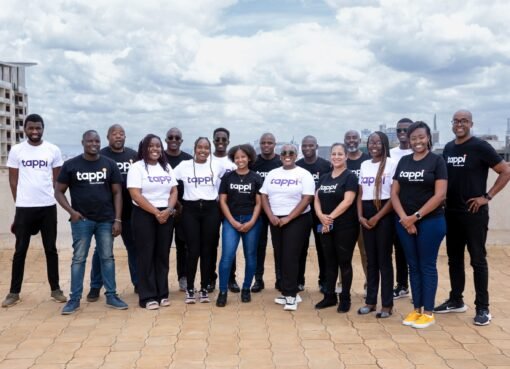
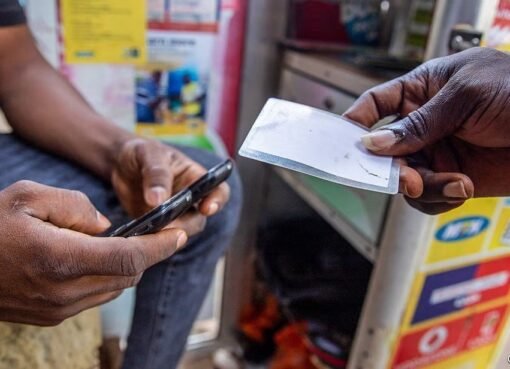


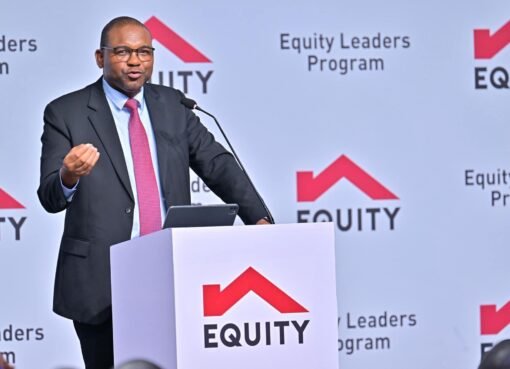





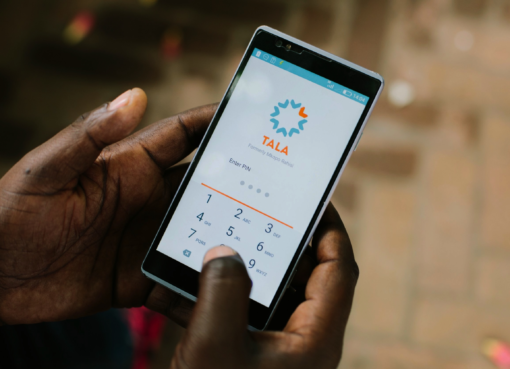
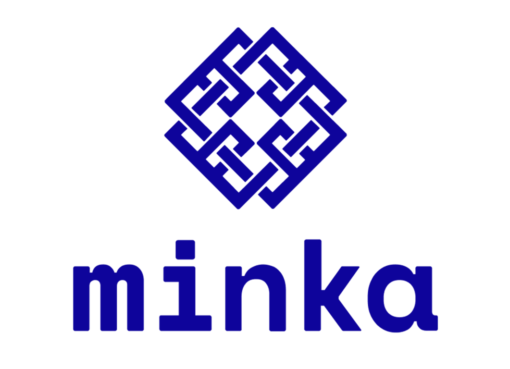









Comment here